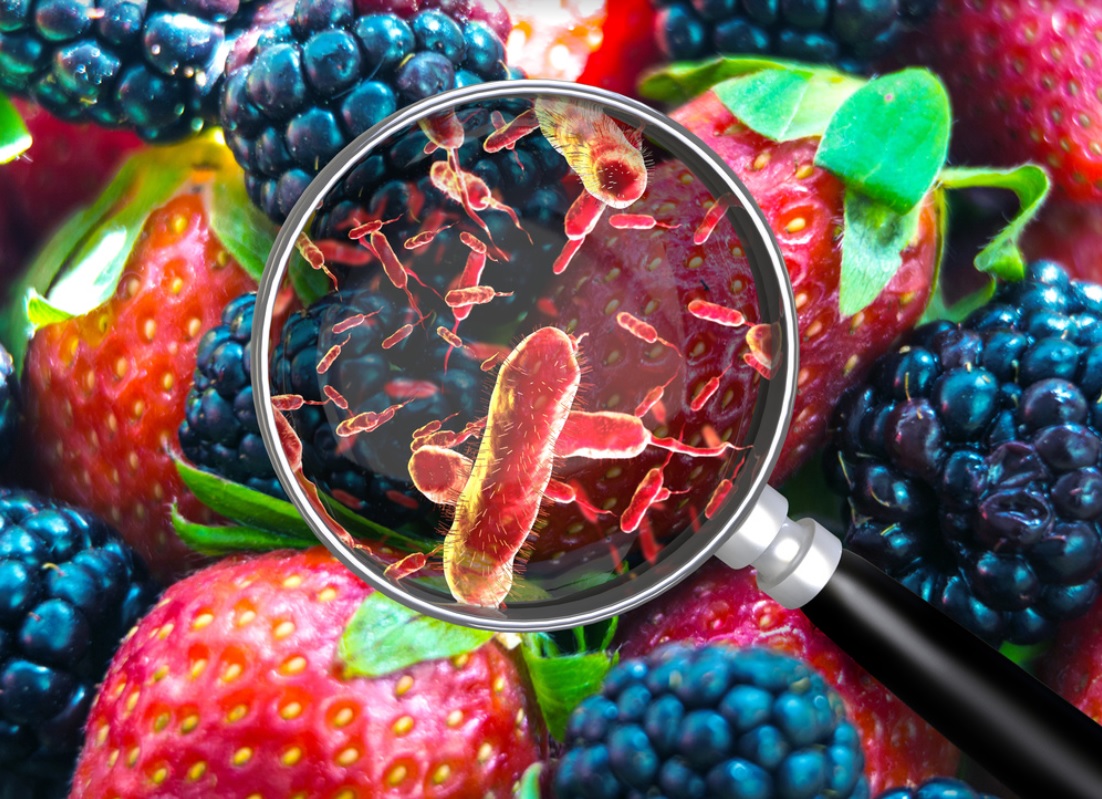When you own a food business, how do you deal with food handler staff who continue to work when injured or sick? If you have an Illinois food handler’s license, you know that handling food when sick or injured could cause an outbreak of foodborne illness.
Food handlers should always follow personal hygiene with high standards because if they don’t, they risk causing a foodborne illness outbreak in place of business. Well, the recent global pandemic has already emphasized how crucial practicing proper hygiene and limiting contact with other people when sick is.
For food industry businesses, handlers must take every step and obtain even the Illinois food handler’s license. This will help prevent the spreading of foodborne illnesses and even other contagious illnesses. This article will give you tips about dealing with sickness and injuries when working in a food industry business.
Indications for Handlers to Stop Working When Sick or Injured
Working in the food industry means handling food with care. Food handlers must avoid working immediately when they experience such injuries or illness, as harmful bacteria may be transferred onto the food they are working with.
It could even cause a foodborne illness outbreak. And even if you’re not working with food directly, chances are, you may contaminate the equipment, surfaces, and even your workmates. So inform your managers right away if these illnesses are present.
Foodborne Illness
It’s an illness that is caused by contaminated food consumption. It’s what you need to prevent food contamination to customers. Even if the handler feels mild symptoms, they could easily contaminate the food and cause an outbreak in the business.
The symptoms of foodborne illness also include nausea, diarrhea, headaches, vomiting, fever, bloating, stomach cramps, and belching.
Flu and Colds
Never attempt to handle food if you suffer from a sore throat, fever, runny nose, cough, or any other cold and flu symptoms. However, if mild symptoms are present, you can still do other tasks that do not involve working with food.
Though it’s important not to come to work if you have an infectious disease, mainly when serving vulnerable persons like children, the elderly, pregnant, and significantly immunocompromised persons.
Gastroenteritis
This is usually referred to as ‘stomach flu.’ It’s the inflammation of the stomach and the intestinal lining. It’s not also caused by food-related illness and different types of viruses, bacteria, and parasites – which are the culprit behind gastroenteritis. And if servers aren’t sure about the symptoms, it could be vomiting, diarrhea, or stomach cramps.
Hepatitis A
This is known as a highly contagious disease of the liver. The infection spreads from person to person after they put something in the mouth that could be contaminated with feces that contain the Hepatitis A virus.

In food businesses, it could spread quickly when the food handlers don’t thoroughly wash their hands before they handle foods and drinks. Note that a person could be contagious from 1-2 weeks before symptoms start. With that, the symptoms could last 1 – 2 weeks. If that’s the case, food handlers must be excused from working when symptoms occur.
Can You Work with Food while Injured?
It doesn’t always mean you must miss work when you have an injury. However, it’s going to be crucial if you let sores, cuts, or boils come into contact with food.
So, to help prevent any food contamination while working with injury, keep these things in mind:
- Use bandages that are clean and in good quality dressings. The bright-colored bandages will be helpful because they can be seen easily if it accidentally falls into food.
- Replace dressings and bandages frequently
- Wear waterproof and disposable gloves over the bandaged sores and cuts
Proper Way of Managing Sick Employees
Owners of a food business should know the importance of fostering a positive working environment so employees would feel comfortable in letting the management know what’s going on that would prevent them from working.
If the food handler staff has already notified you about his condition that could cause the foodborne illness, know the following steps.
- Determine how serious the condition is.
- Temporarily restrict the food handler from working with food. Also, if the symptoms pose a severe threat to the safety of food, then they shouldn’t be allowed on food premises.
- Manage all possible contamination by discarding food that the employee may have come in contact with, while the employee may handle the sick and those who don’t deserve food. In addition, you should clean and sanitize the surfaces thoroughly, together with the equipment and utensils used.
- Work with local authorities or medical specialists to reduce the risks of foodborne illness outbreaks. They will determine when the food handler employee should return to work.
Wrapping Up
Always remember that those who work in the food business have all the legal responsibilities to ensure that the food they are preparing and serving is not just tasty but also safe to eat.
Even with an Illinois food handler’s license, always practice good personal hygiene. It involves factors such as following workplace behavior and avoiding food handling when sick.
